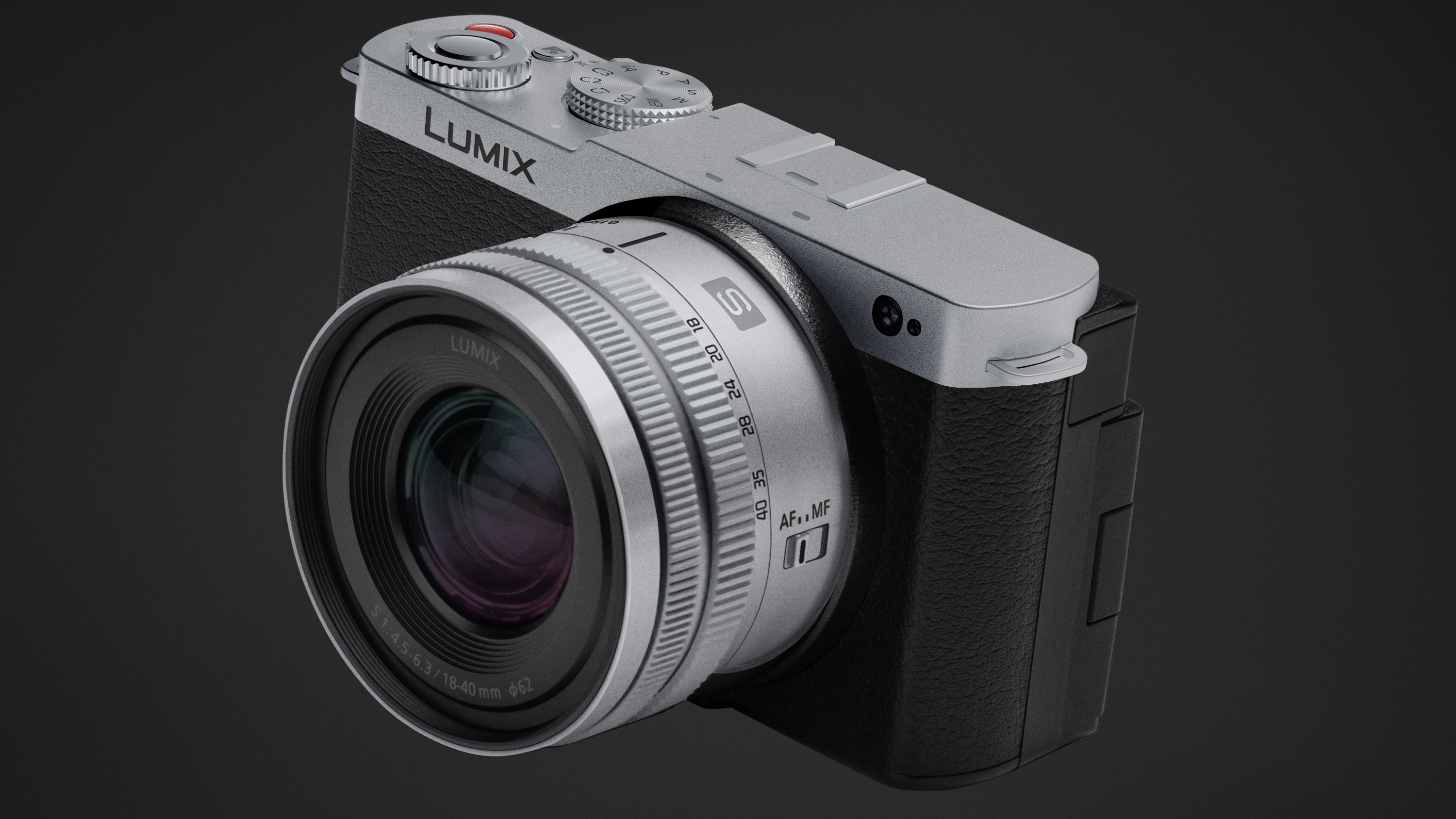What's the hardest thing to do in photography?
Sean McCormack discusses the effort and decisions that we all have to make as photographers

When you moved from the computational photography of your phone, you probably realized that photography with a real camera is hard. Balancing all the choices and then getting stung because you’ve got photos ruined with camera shake, or far too much noise. Perhaps you don’t have everything in focus, or have missed it altogether.
How about how hard is it to choose your next lens? Or the worst for me, how to decide on the best camera bag (it doesn’t exist, but I have a few that are close). Picking a camera system can be hard too. The balance of available cameras, lenses and flashes, and at a price that can work for you. Is that the most challenging thing in photography, though?
No, not really. The hardest thing to do in photography is getting to the place where you can take the shot. Now that sounds like I mean landscape photography, but it applies across the board.
Product photography, or still life for that matter, means building sets, learning lighting, and keeping check on current styles to stay relevant. Portrait photography is usually split between a studio and a location. Sports photography requires you to be where the athletes are and so on.
Landscape photography and travel photography do require to endure a lot of discomfort to get the hero shots. This is still true even if you’re looking for shots from the ‘tripod holes’ aka the shot everyone else gets. Now only you can set the alarm and book the tickets, but there are tools that can help you get the shot.
Firstly for locations, you can use tools like Photo Ephemeris or Photo Pills to check sunrise and sunset times, and exact location of the sun. Photo Pills is great for astrophotography as it shows the Milky Way position as well as the moon.
For weather, Windy is great and the Meteogram option shows cloud thickness and height. The premium version gives 1-hour forecasts as well as a good 10-day forecast. For tides, Tide Forecast gives a visual representation of the tide.
The best camera deals, reviews, product advice, and unmissable photography news, direct to your inbox!
These tools will help understand where you’re going better and increase your chances of getting the short. And that should make it easier to go.
Other articles by Sean McCormack:
Sean McCormack is a commercial, and editorial photographer, book author, and regular contributor to Digital Camera magazine based in Galway, Ireland. He has extensive experience with Lightroom, dating back to its original beta version, and has tried out just about every plugin and preset available. His latest book is Essential Development 3: 25 Tips for Lightroom Classic’s Develop Module.


